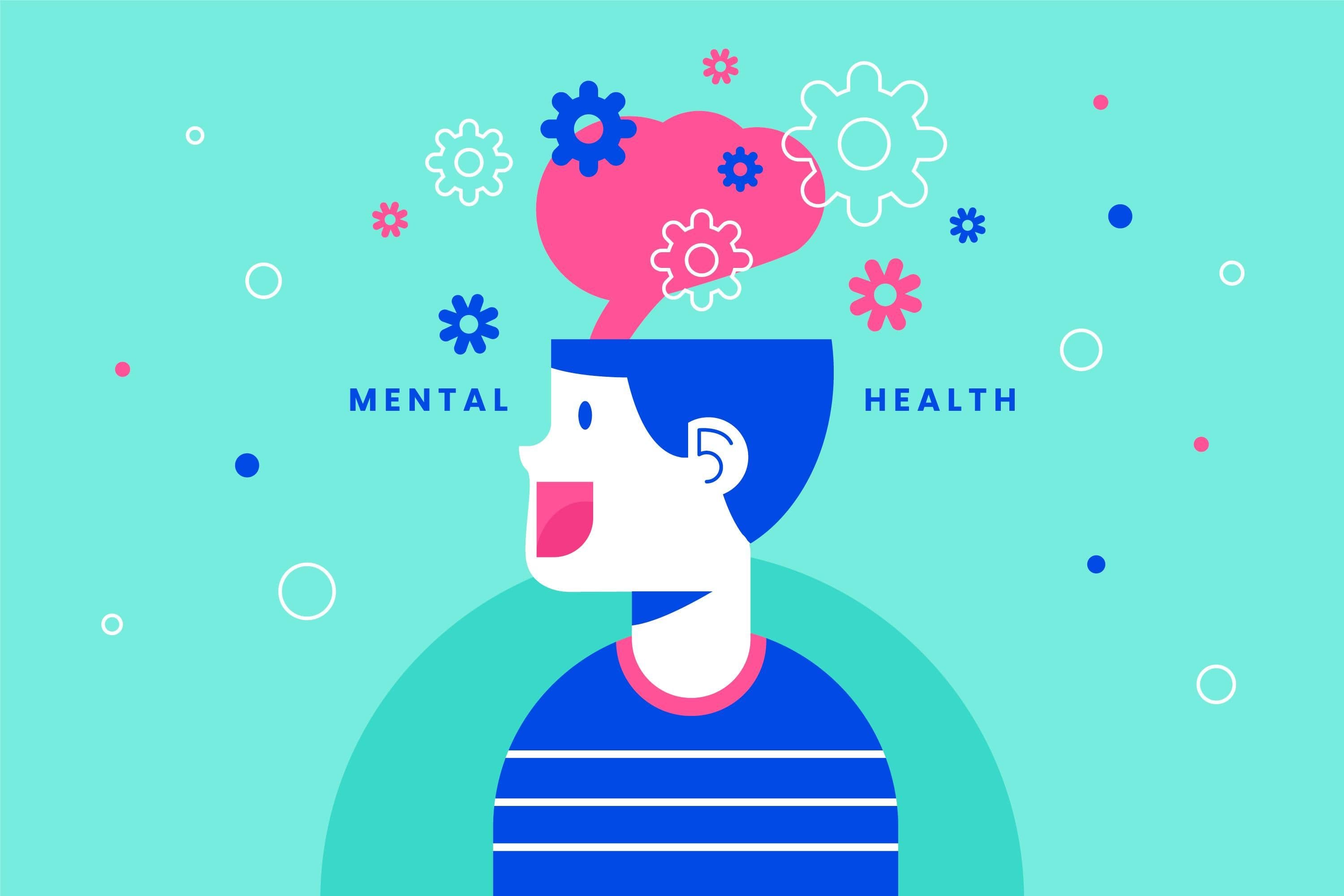Have you ever wondered about the different flavors of Cognitive Behavior Therapy (CBT)? CBT is like a big family of therapies. Each type has its own special way of helping people feel better. Let's take a fun journey through the world of CBT!
Cognitive Therapy
Cognitive Therapy is all about your thoughts. It's like being a detective in your own mind. You learn to spot tricky thoughts that make you feel bad. These are called cognitive distortions. They're like sneaky little lies your brain tells you.
For example, you might think, "I always mess up." But is that really true? Cognitive Therapy helps you challenge these thoughts. You learn to look for proof. Maybe you don't always mess up. Maybe you do lots of things right!
Once you catch these tricky thoughts, you can change them. It's like giving your brain a makeover. You replace the negative thoughts with more helpful ones. This can make you feel a whole lot better.
Rational Emotive Behavior Therapy (REBT)
REBT was created by a guy named Albert Ellis. He came up with a cool way to understand our feelings. It's called the “ABC” model.
The “A” stands for Activating event. This is something that happens to you.
The “B” stands for Belief. This is what you think about what happened.
The “C” stands for Consequence. This is how you feel and act because of your beliefs.
Let's say your friend doesn't call you back. That's the A. You might believe they don't like you anymore. That's the B. Then you feel sad and avoid them. That's the C.
REBT helps you spot beliefs that don't make sense. These are called irrational beliefs. Then you learn to argue with these beliefs. It's like having a debate with yourself!
Dialectical Behavior Therapy (DBT)
DBT was created by Marsha Linehan. It's especially good for people who have really strong emotions. DBT teaches you two important things: how to accept yourself and how to change.
In DBT, you learn mindfulness. This means paying attention to the present moment without judging. It's like being a calm observer of your own thoughts and feelings.
You also learn how to handle your emotions better. This is called emotion regulation. It's like learning to be the boss of your feelings, not the other way around.
DBT also teaches you how to get along better with others. This is called interpersonal effectiveness. It's like learning to be a good friend, even when things get tough.
Acceptance and Commitment Therapy (ACT)
ACT is all about being flexible in your thinking. It's like yoga for your mind! In ACT, you learn to accept your thoughts and feelings, even the uncomfortable ones.
But ACT doesn't stop there. It also helps you figure out what's really important to you. These are your values. Then you learn how to live according to these values, even when it's hard.
ACT uses a lot of mindfulness techniques. These help you notice your thoughts without getting stuck in them. It's like watching clouds pass by in the sky.
Mindfulness-Based Cognitive Therapy (MBCT)
MBCT mixes CBT with mindfulness practices. It's especially good at helping people who've had depression before. MBCT teaches you how to stop depression from coming back.
In MBCT, you learn to pay attention to the present moment. This can help you notice when your mood is starting to drop. It's like having an early warning system for depression.
You also learn how to step back from negative thoughts. Instead of getting caught up in them, you learn to see them as just thoughts, not facts. This can help break the cycle of negative thinking that often leads to depression.
Schema-Focused Therapy
Schema-focused therapy looks at patterns that started early in your life. These patterns are called schemas. They're like old stories you tell yourself about who you are and how the world works.
Sometimes, these old stories don't help us anymore. They can make us feel bad or act in ways that cause problems. Schema-focused therapy helps you spot these old patterns.
Once you see these patterns, you can start to change them. It's like rewriting your life story. You learn new, healthier ways of thinking about yourself and the world.
Conclusion
Wow, we've covered a lot of ground! Each type of CBT has its own special way of helping people. Some focus on changing thoughts, others on accepting feelings. Some look at old patterns, while others teach new skills.
The great thing is, you don't have to choose just one. Many therapists mix and match these approaches to find what works best for each person. It's like having a toolbox full of different tools. You can use the right tool for each job.
Your mental health journey is unique, find the best CBT for your needs. Contact Pleasant Place Psychiatry the most trusted and recommended provider of online counseling.




